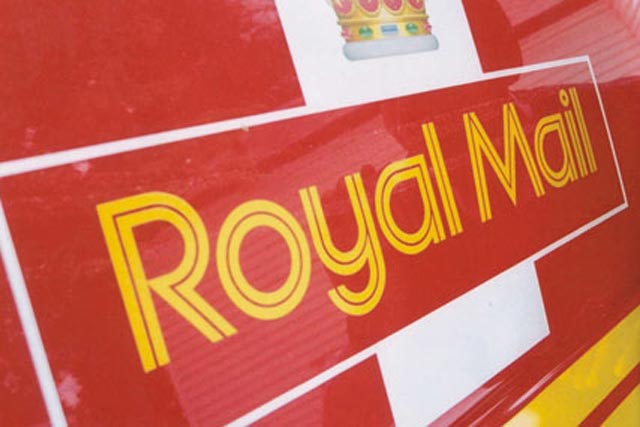
If Postcomm, which controls the prices Royal Mail is able to charge, agrees to consider the application, it would open a public consultation.
Royal Mail said it had made the move in light of declining mail volumes and because it wanted to be able to charge "a fair price" to the private companies, including TNT, which use its network and postmen to deliver mail.
Moya Greene, Royal Mail Group's chief executive, said: "What we are asking for is the chance once-and-for-all to charge a fair price to other companies who use our network to carry mail and to end what is, in effect, the very substantial built-in subsidy which our rivals have enjoyed for years."
The company said the extra increase would not apply to first and second class stamps or to any other consumer and small business mail.
The move comes as the Government advances with plans to sell a stake in Royal Mail to a private operator.
Postcomm set price control limits for a four-year period in 2006, which were subsequently extended to April 2011, to allow Royal Mail to earn sufficient revenue to finance its licensed activities and in particular the universal service.
According to Postcomm, while price controls are designed to constrain how much Royal Mail can charge for some of its products, it is a framework only and Royal Mail still retains flexibility to set prices within a defined range.
The company has previously chosen not to implement all of the different price increases which it was able to under its licence, given its assessment of commercial conditions in the market.
Royal Mail’s application for Postcomm to further relax the existing price controls for 2011-12 cites serious and recently emergent risks to the financability of the universal service. Postcomm’s primary duty is to safeguard the universal service.
Postcomm said it has been assured by Royal Mail it has explored all other possible options, including discussion with interested parties, before submitting this application.




.jpg)
.jpeg)
